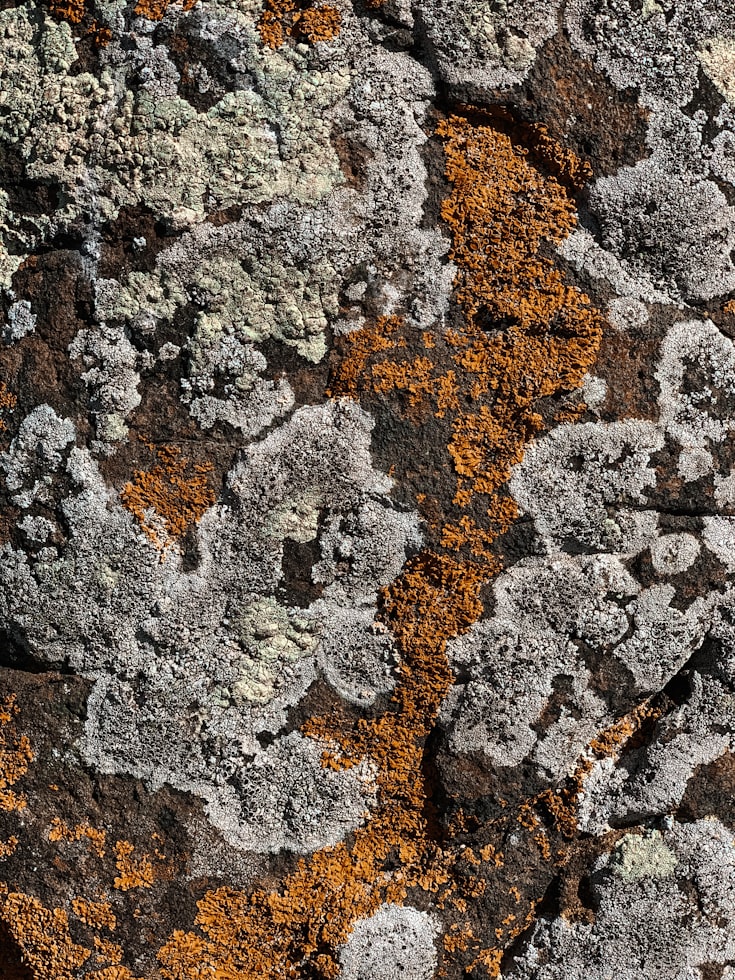Understanding the Causes and Effects of Soil Pollution

Soil pollution is a major environmental concern, as it affects both human health and the environment. Soil pollution occurs when harmful substances are introduced into the soil, making it unsafe for plants, animals, and humans.
Causes of Soil Pollution
Soil pollution can be caused by a variety of sources, including:
- Industrial activities: Industries such as mining, oil and gas extraction, and manufacturing can release pollutants into the soil.
- Agricultural activities: Agricultural activities such as the use of pesticides and fertilizers can contribute to soil pollution.
- Waste disposal: Improper disposal of waste, including household and industrial waste, can lead to soil pollution.
- Transportation: Transportation activities such as the leakage of gasoline and oil from vehicles can contaminate the soil.
- Natural disasters: Natural disasters such as floods and landslides can also cause soil pollution by carrying pollutants from other areas.
Effects of Soil Pollution
Soil pollution can have a wide range of negative effects on both human health and the environment, including:
- Contamination of crops: Soil pollution can contaminate crops, making them unsafe for human consumption.
- Damage to wildlife: Soil pollution can also harm wildlife, including insects and small mammals that depend on healthy soil for survival.
- Human health risks: Soil pollution can also pose risks to human health, including the spread of disease and cancer.
- Soil degradation: Soil pollution can also lead to soil degradation, making it difficult for plants and other organisms to survive.
Solutions for Reducing Soil Pollution
To reduce the impact of soil pollution, it is essential to reduce the number of pollutants entering the soil. Some of the solutions that can help to achieve this include:
- Implementing stricter pollution controls: Governments can implement stricter pollution controls to limit the number of pollutants that can be released into the soil from industries, waste disposal, and transportation activities.
- Encouraging sustainable agricultural practices: Governments can encourage sustainable agricultural practices such as integrated pest management and reducing the use of chemicals to reduce soil pollution from agricultural activities.
- Improving waste management: Governments can improve waste management by promoting recycling and proper disposal of waste to reduce the number of pollutants entering the soil.
- Remediation: Governments can also invest in remediation technologies to clean up contaminated soil and restore it to a healthy state.
- Monitoring and enforcement: Governments can establish monitoring and enforcement programs to ensure that industries, individuals, and communities are in compliance with laws and regulations to protect the soil.
- Educating the public: Governments can educate the public about the causes and effects of soil pollution and the importance of reducing exposure.
Conclusion
Soil pollution is a major environmental concern, as it affects both human health and the environment. Soil pollution occurs when harmful substances are introduced into the soil, making it unsafe for plants, animals, and humans. With the right approach and policies, it is possible to reduce the harmful effects of soil pollution and protect human health and the environment.
To reduce the impact of soil pollution, it is essential to reduce the number of pollutants entering the soil, this can be achieved by implementing stricter pollution controls, promoting sustainable agricultural practices, improving waste management, conducting soil remediation, monitoring and enforcing laws and regulations, and educating the public.






